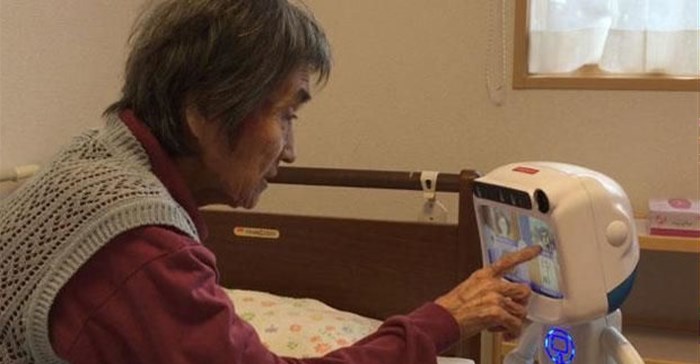Thailand set to bolster medical tourism with robotics

Under the strategy, the Thai government has identified some targeted industries including automation and robotics, digital technology and, biofuel and biochemical, says GlobalData.
In addition, the government unveiled ‘A Strategic Plan to Develop Thailand as an International Medical Hub (2016–2025)’ in September 2016. The plan aims to turn the country into a medical hub in four major areas: wellness, medical services, academics and products.
Focus on robotics
“The government plans to embrace the innovation-driven economy with its Thailand 4.0 policy, with a focus on investing in the robotics. The use of medical robotics can further bolster its position in the medical tourism space, where it is the market leader among the Asian countries.
“Furthermore, it has become essential for Thailand to focus on medical robotics to manage its expanding healthcare needs from the future perspective as well. As per the UN report, 37% of Thailand’s population would be above 60 years by 2050," Prashant Khadayate, medical devices analyst at GlobalData.
Thailand's Board of Investment (BOI), the government's arm in facilitating and promoting investments, considers surgery-assist robots, therapeutic robots, patient care robots and similar robots as medical devices due to clear medical treatment functions. Some of the popular medical robots are Dinsow (elderly care); Fhasai (robot-assisted therapy for children with autism spectrum disorders); Sensible Tab (an arm rehabilitation robot); B-hive (a pharmacy automation system); and Bumbee (a medical dispenser).
To promote medical robotics, many public and private organisations have been working closely to drive medical innovation. The Ministry of Science and Technology, Ministry of Public Health and Ministry of Education have jointly set up a committee with a key responsibility to promote medical and health-related innovations.
“According to the Global Wellness Institute, the global medical tourism market is estimated at $50-60bn annually. To leverage this opportunity, Thailand is broadly focusing on three aspects – increase use of medical robotics, spread awareness about the country’s medical tourism industry in various countries through trade events, and provide incentives to the industry players in terms of tax benefits and to the patients in terms of visa facilities," he says.












